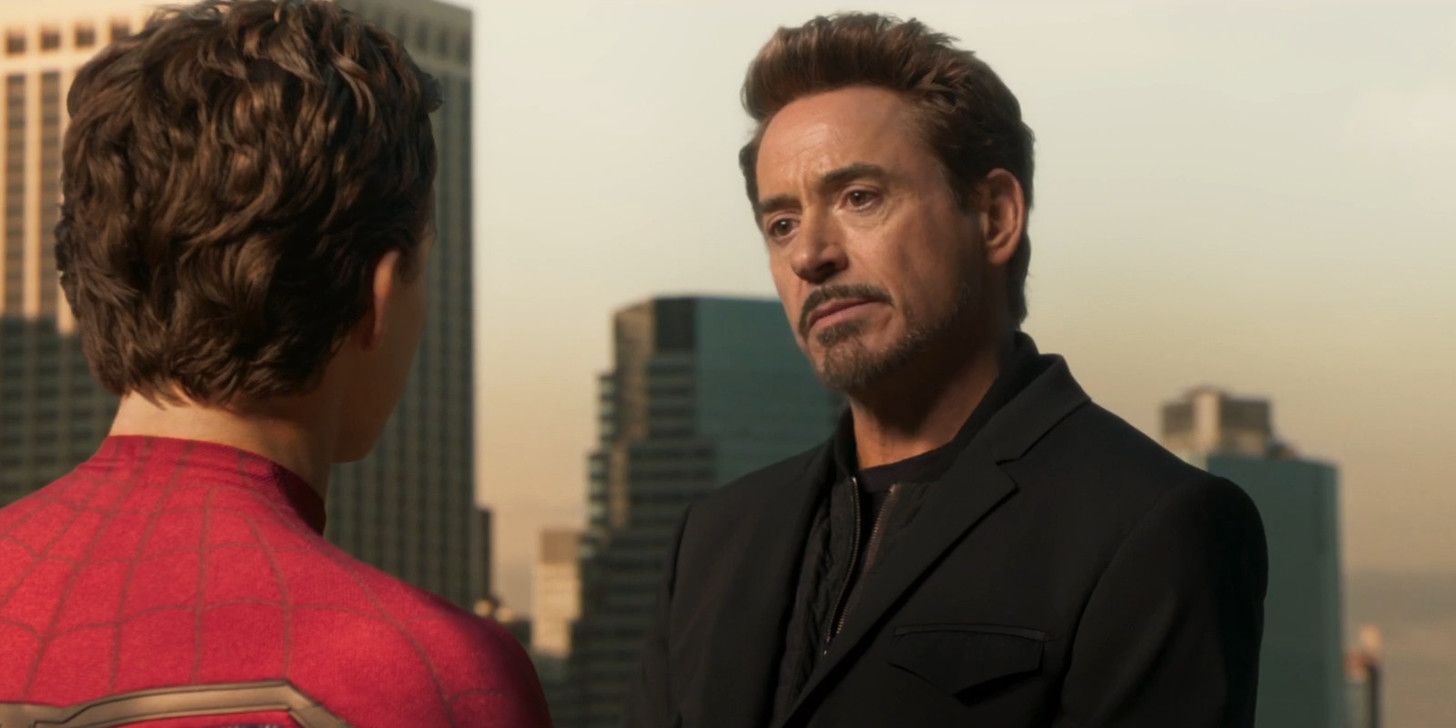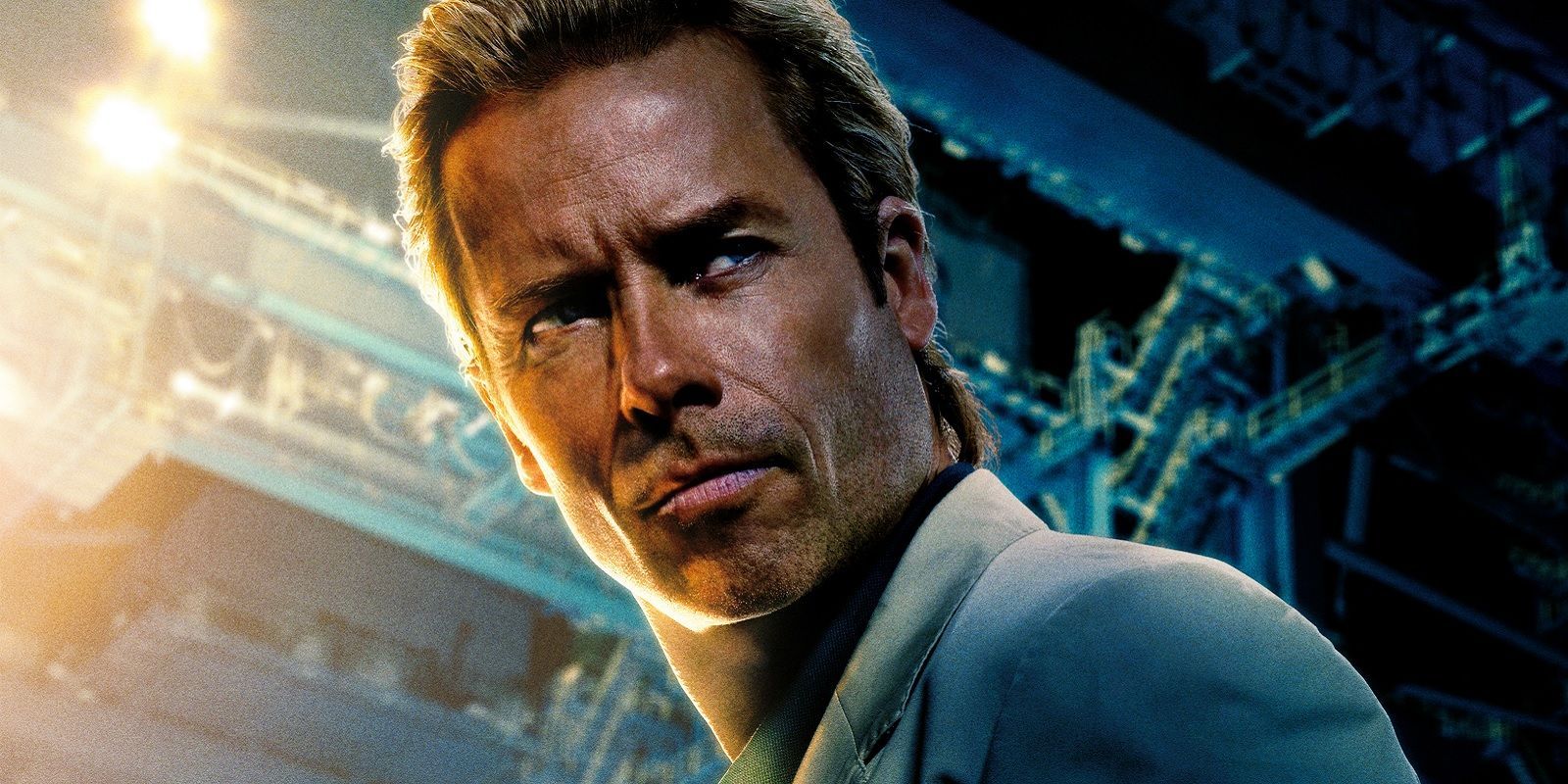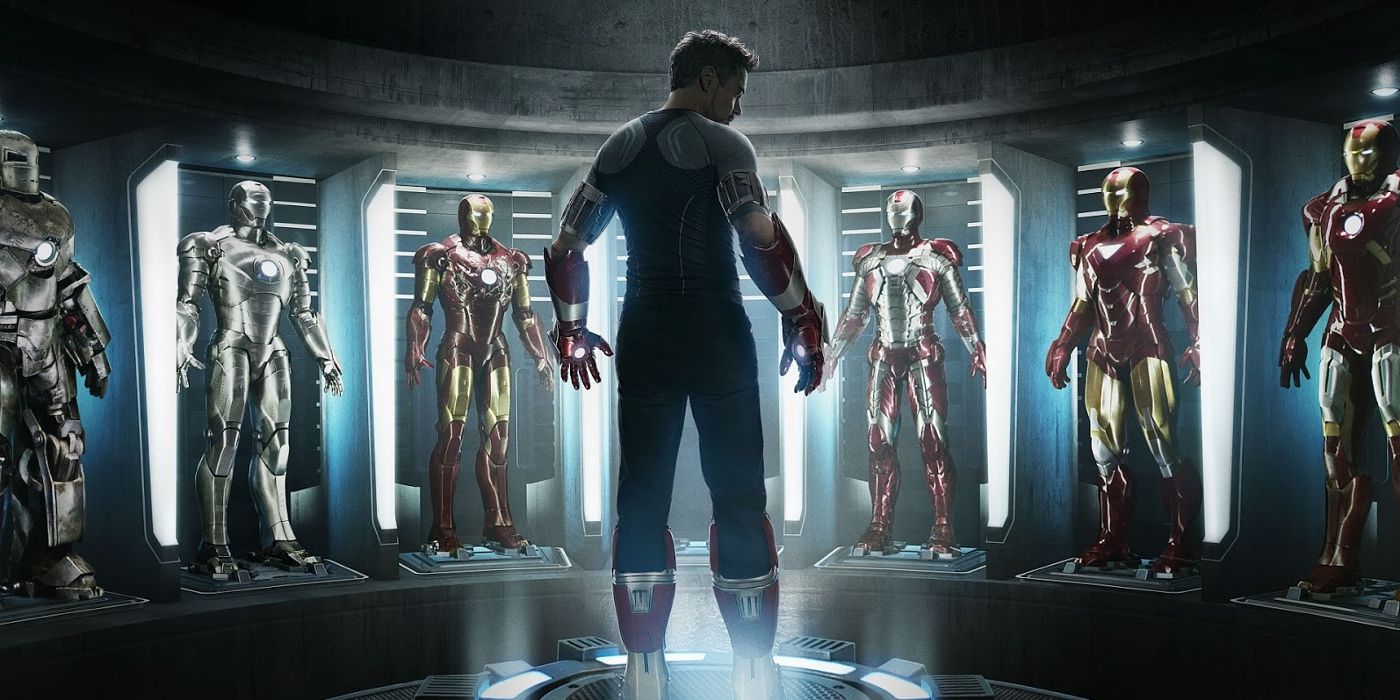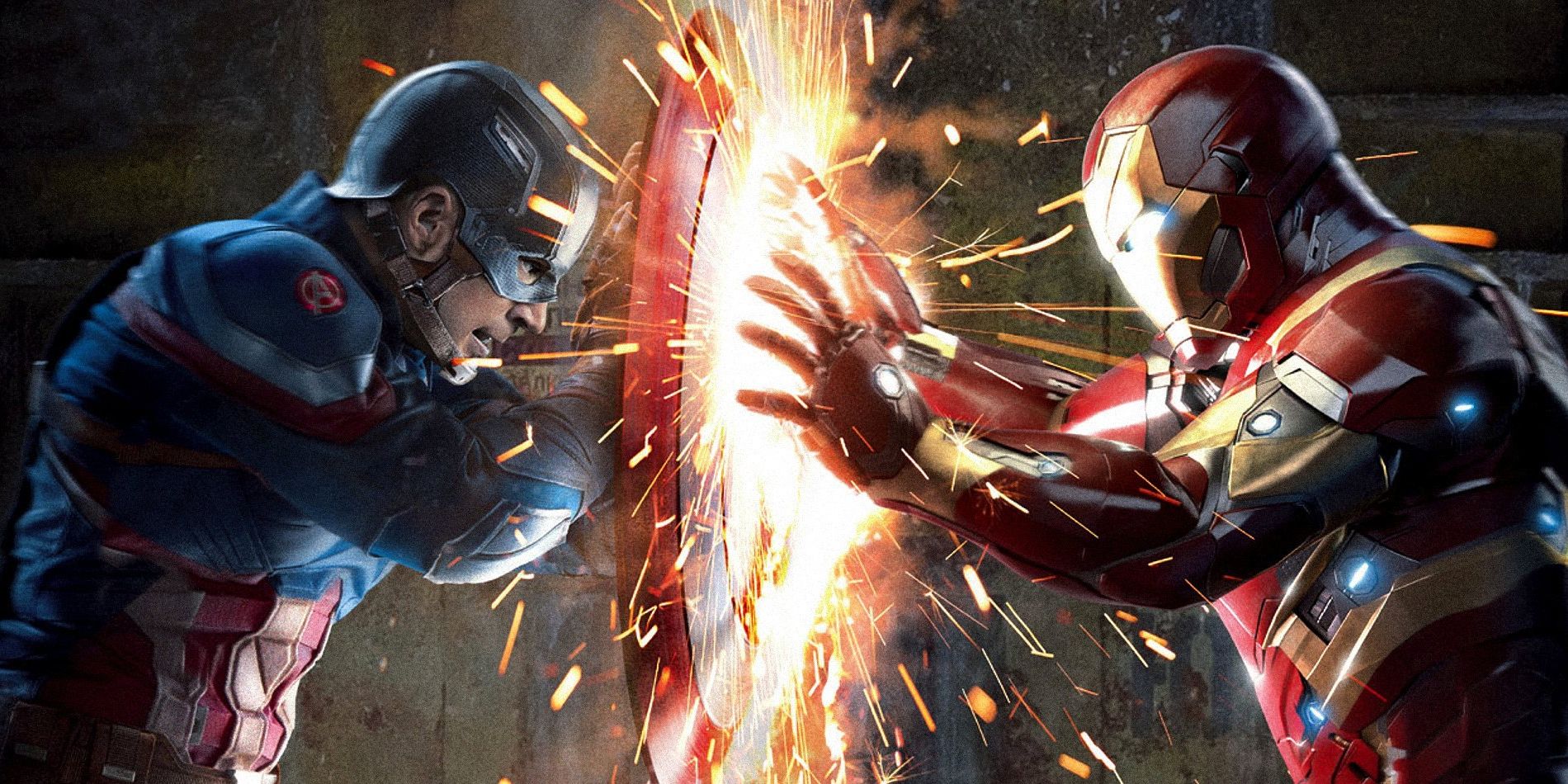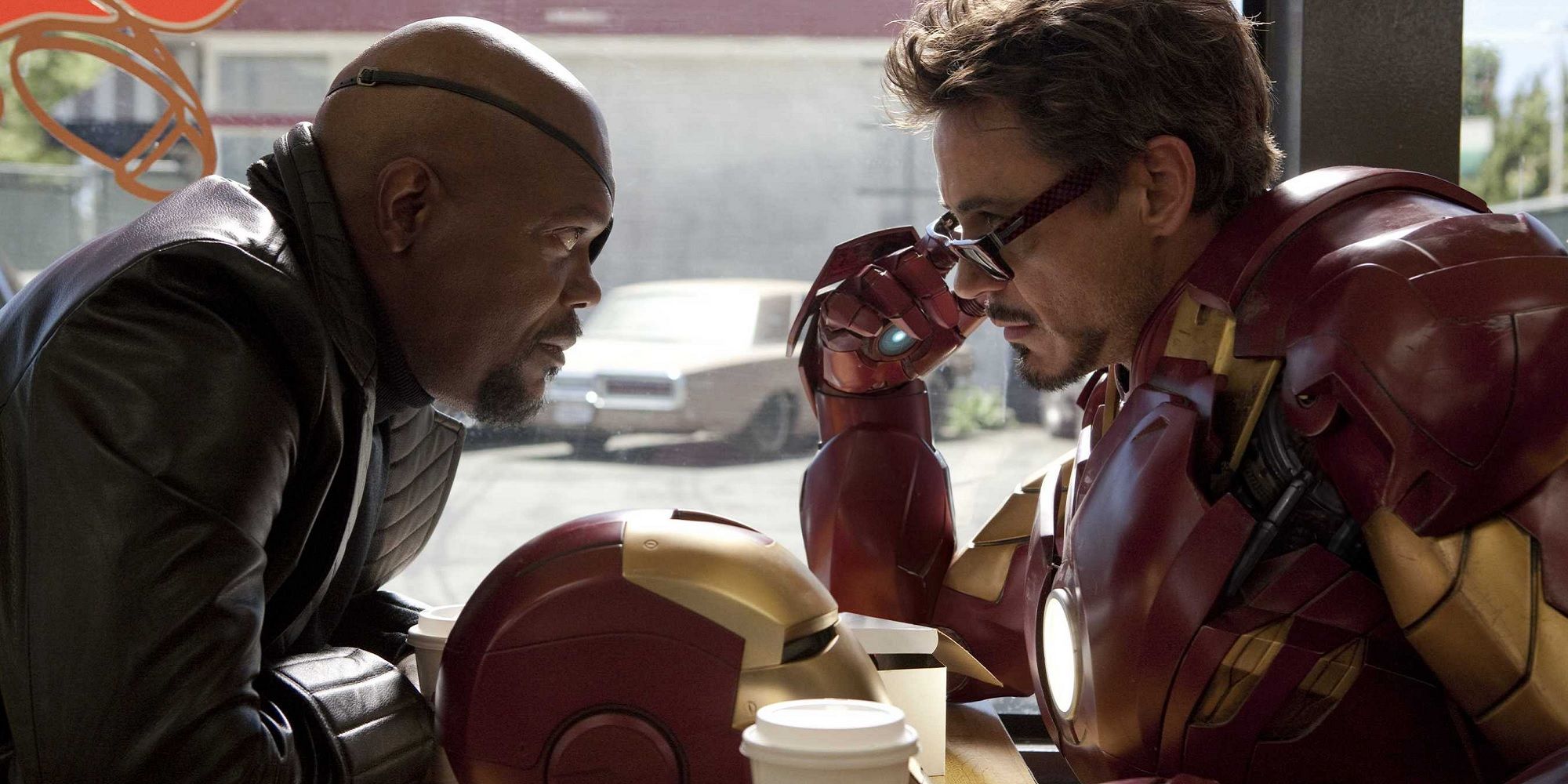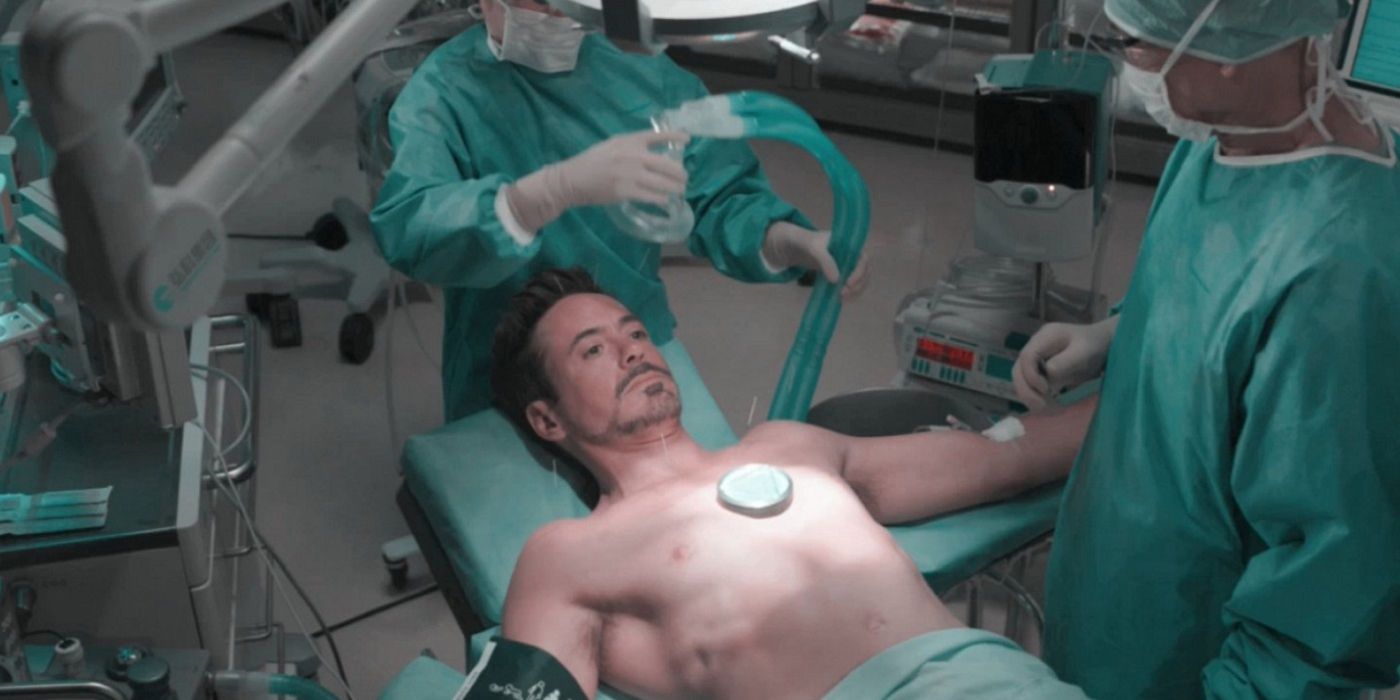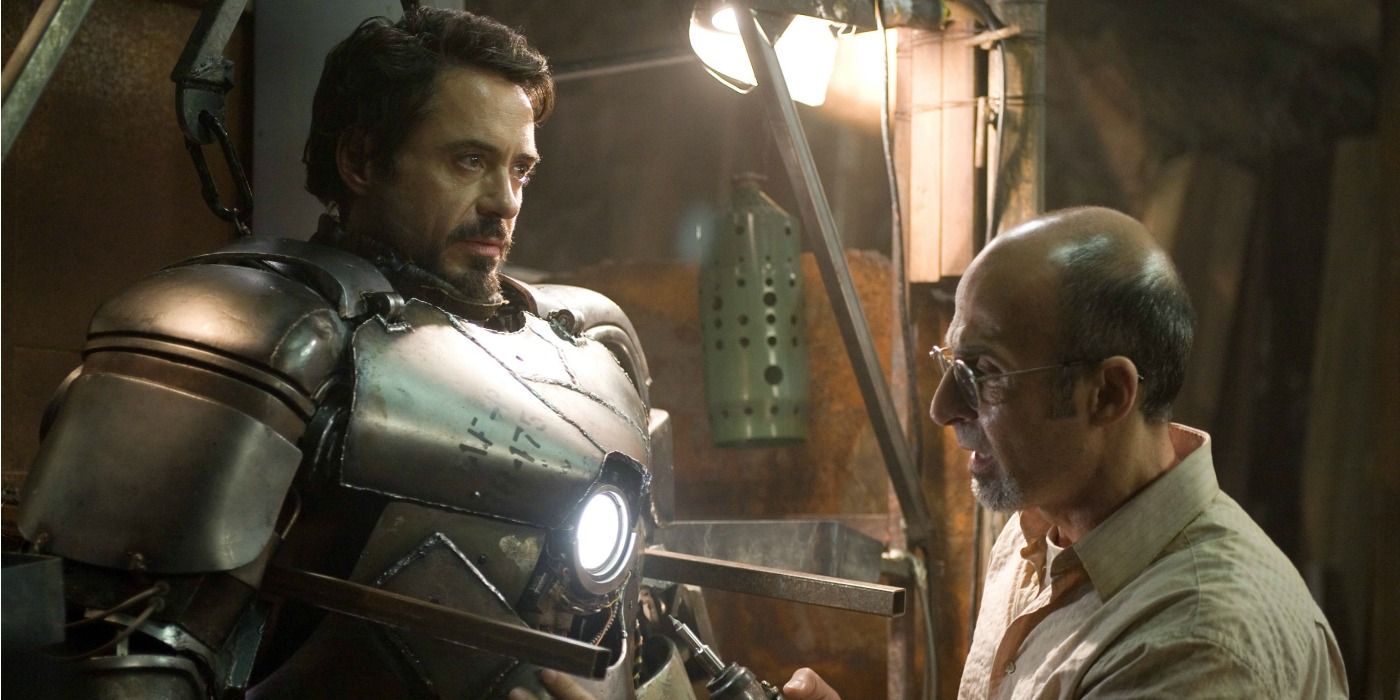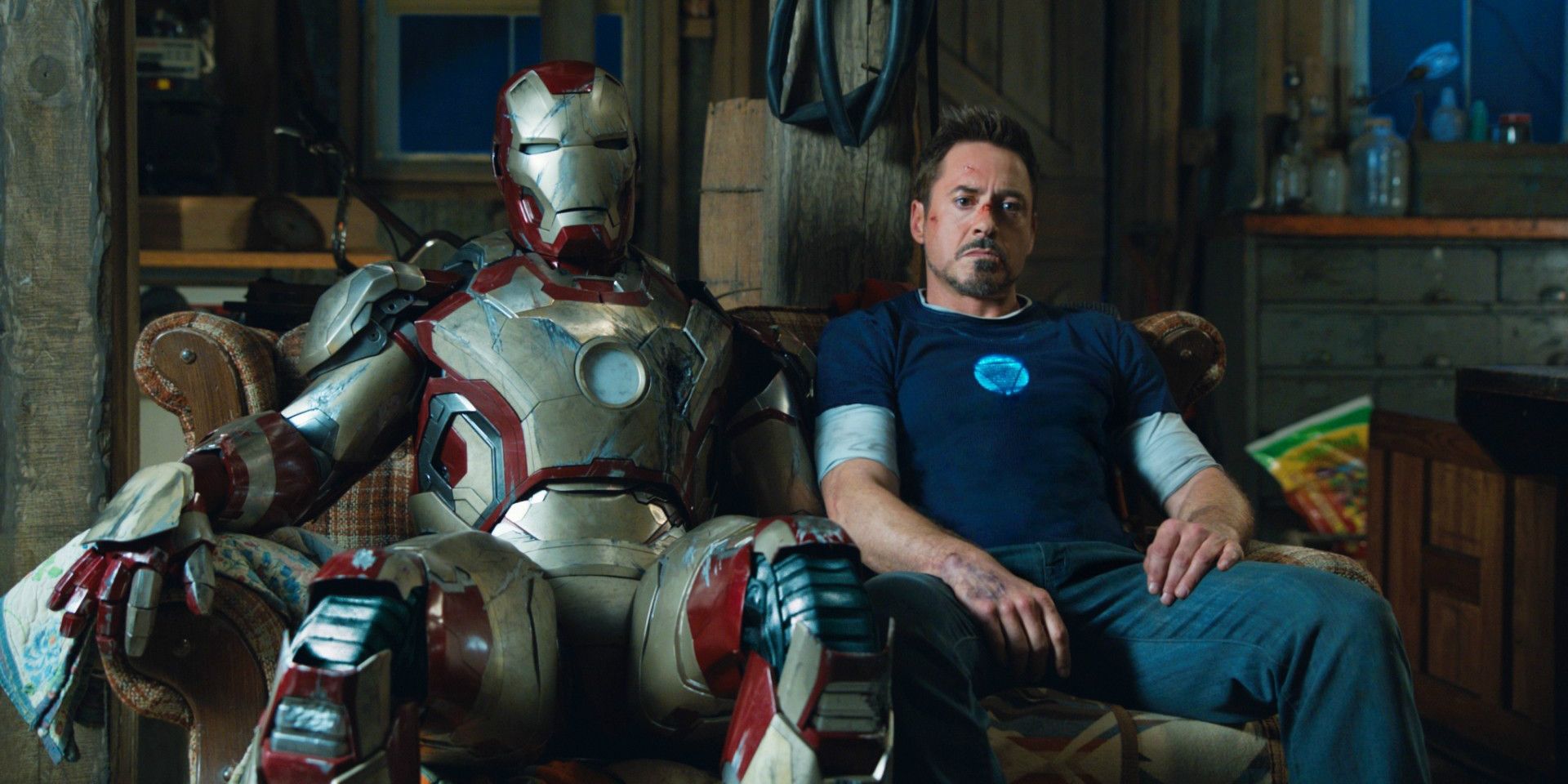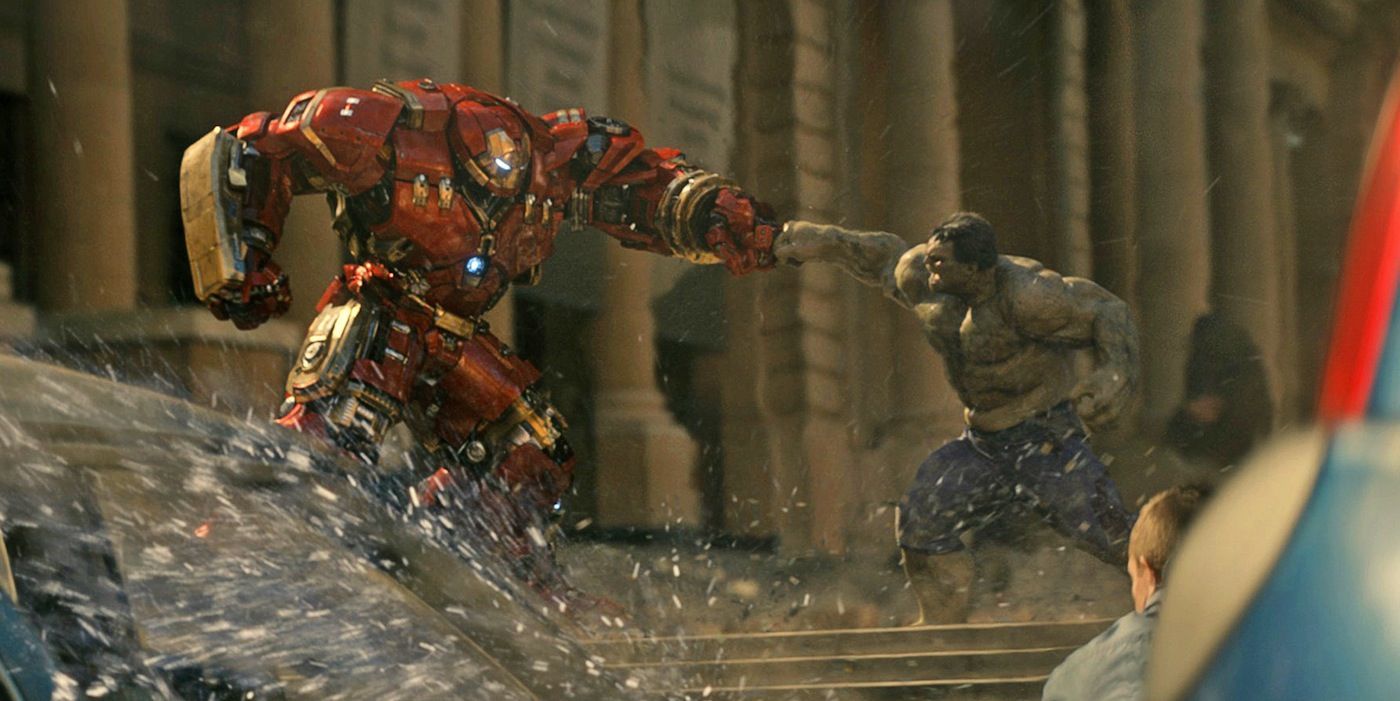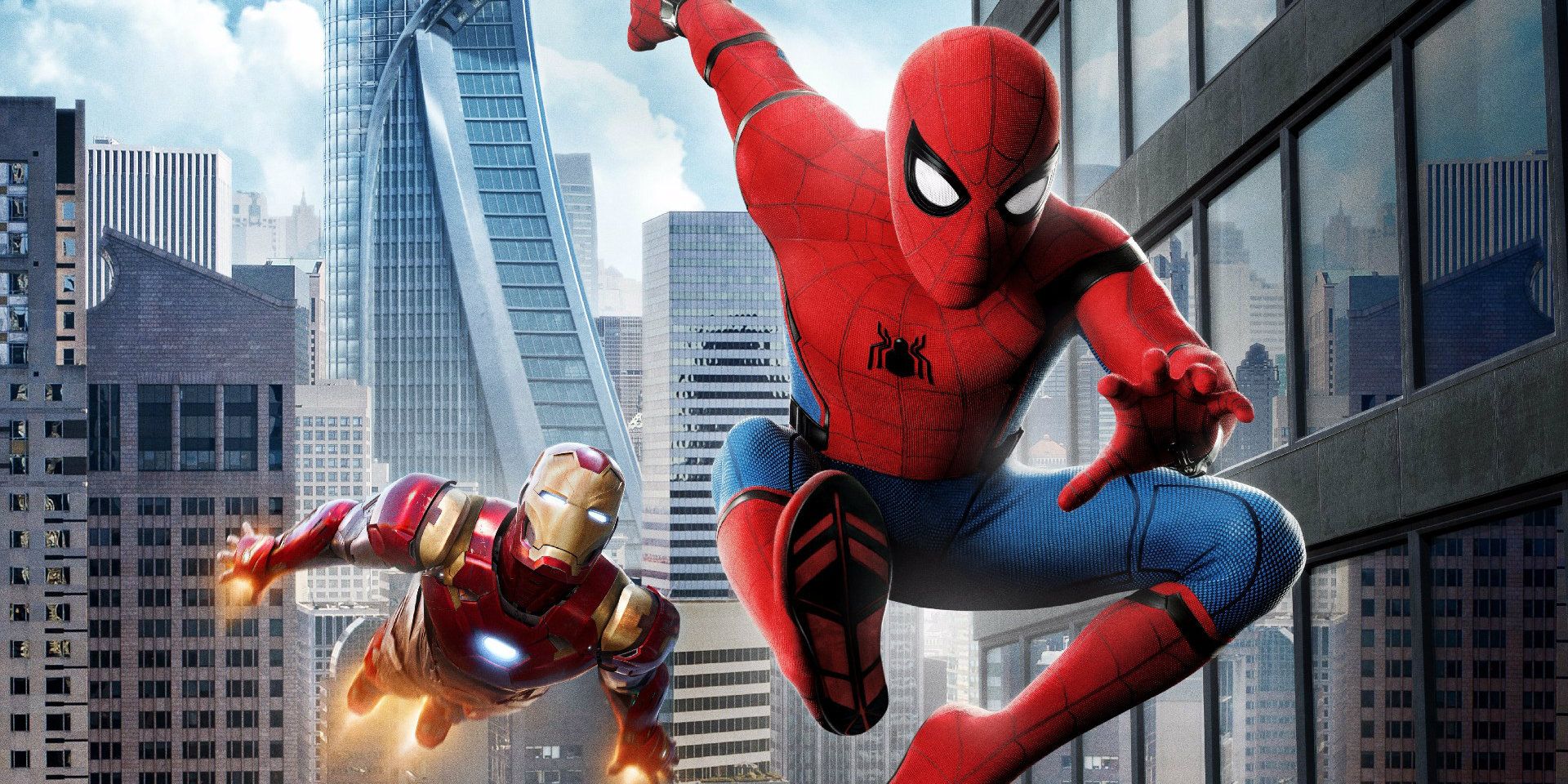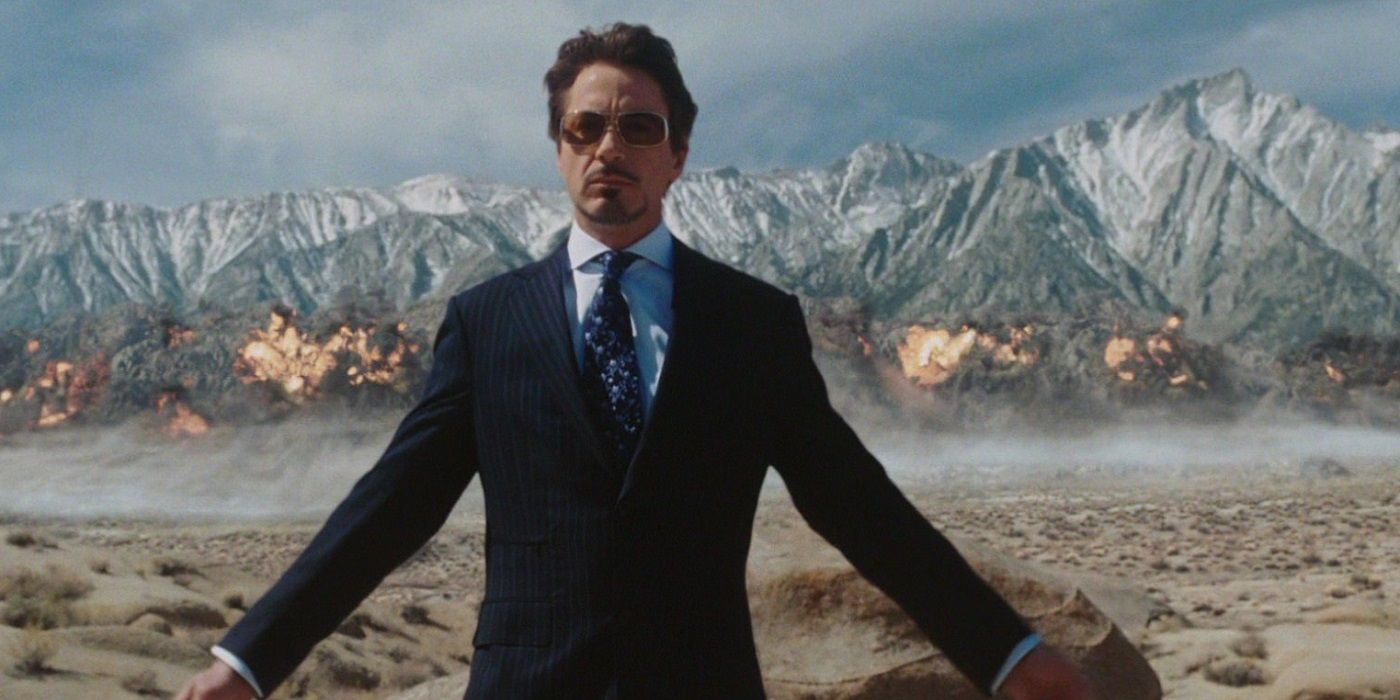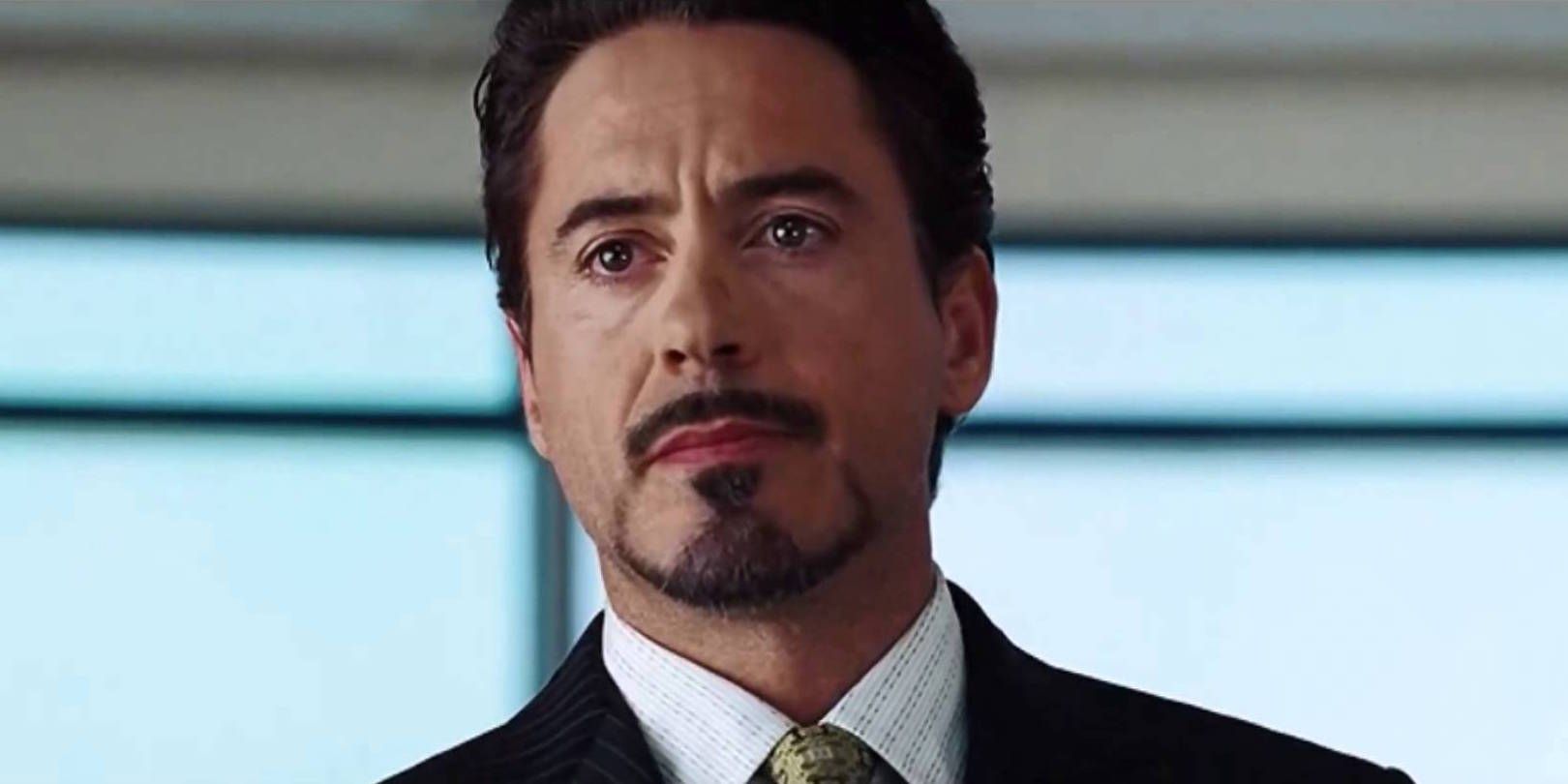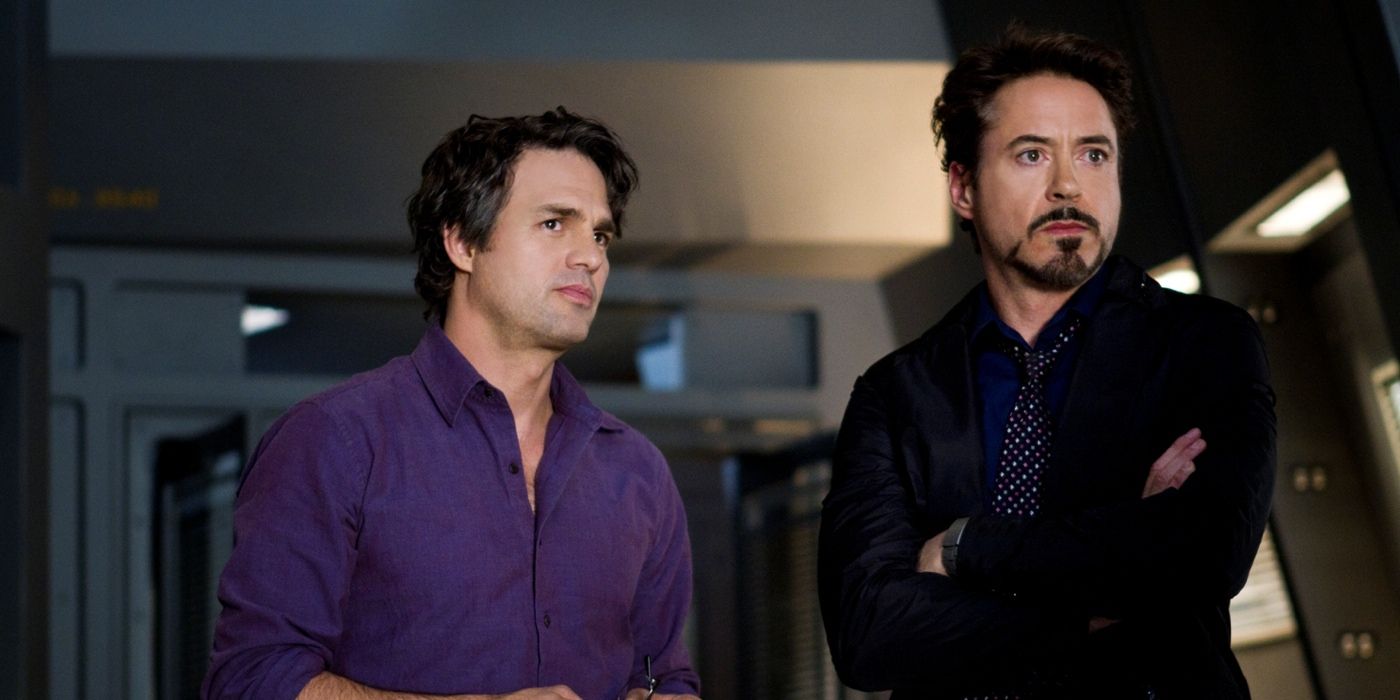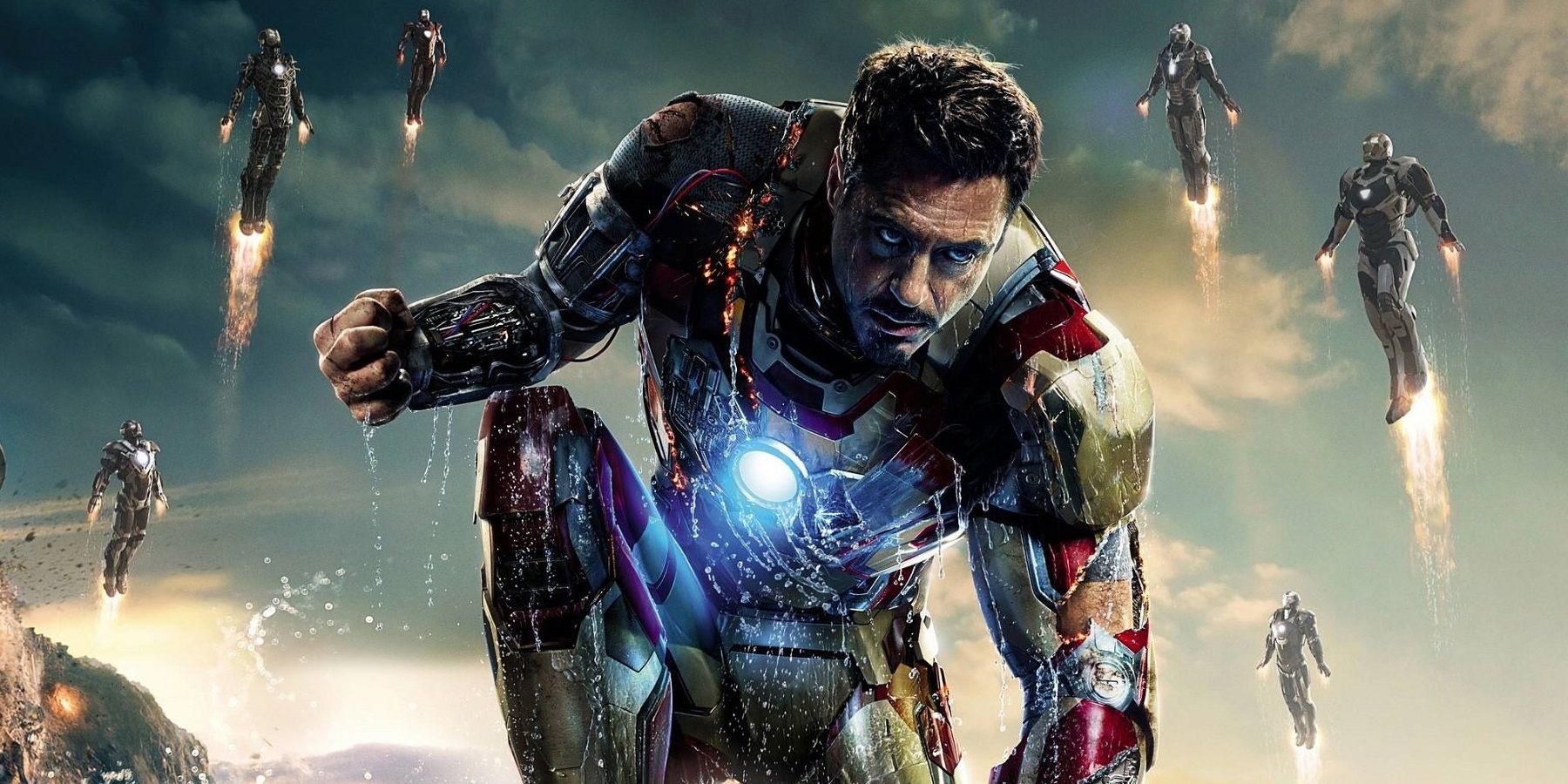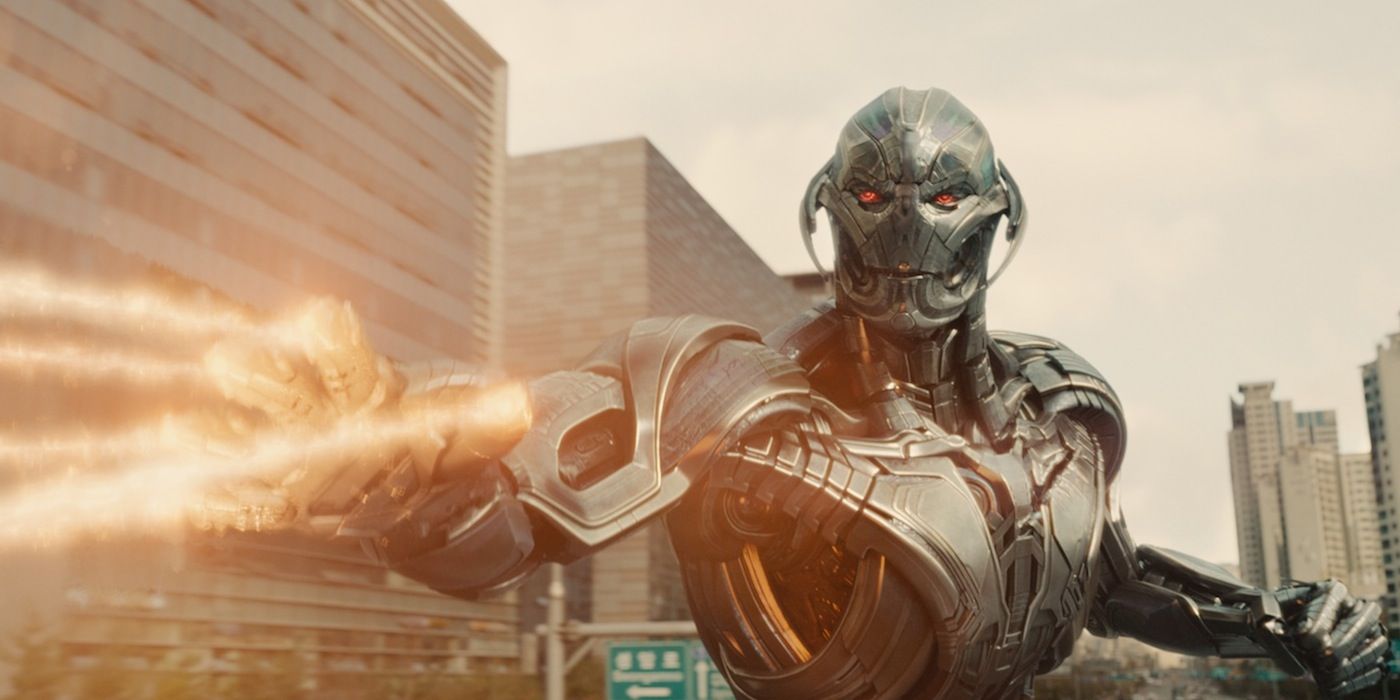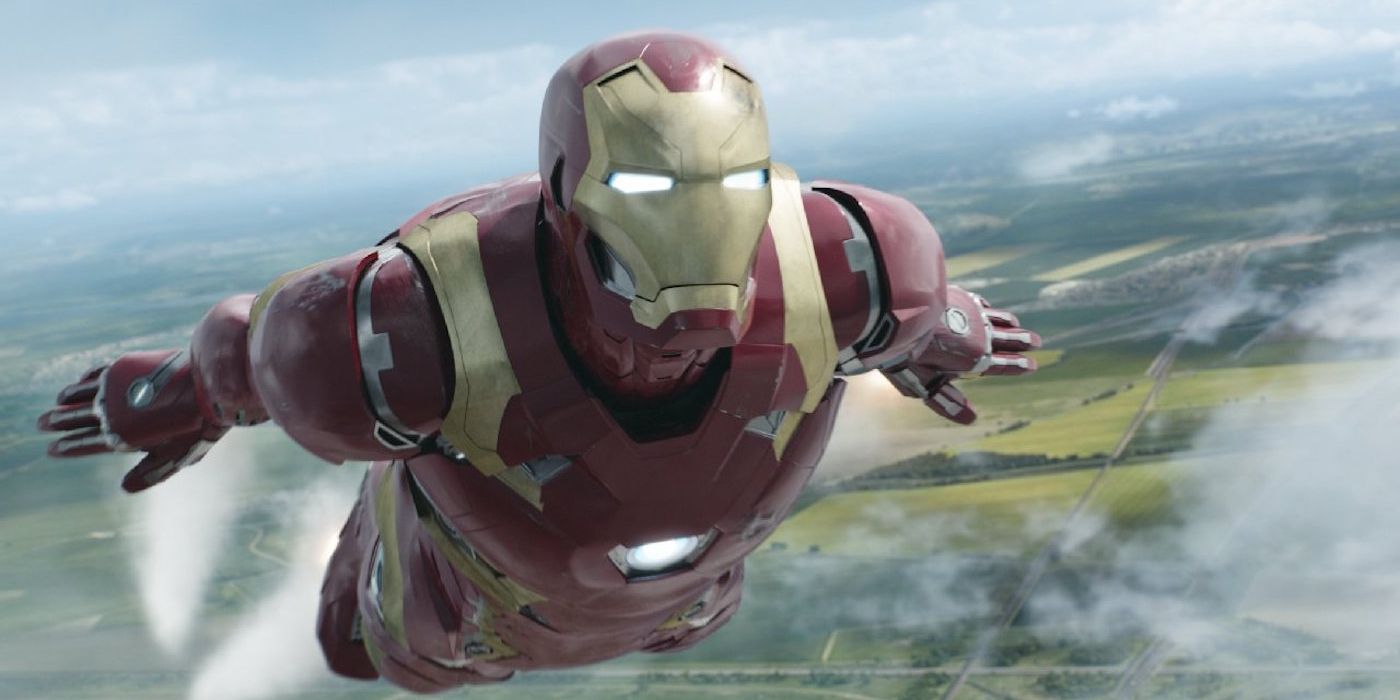Let's make this clear: we love Iron Man, and we've had loads of fun watching him in the Marvel Cinematic Universe. But Tony Stark portrayer Robert Downey Jr. has recently started talking about hanging up his arc reactor sooner rather than later, and we also think it's time.
It hasn't all been laughs, quips, and fun times with repulsor beams; we've had mixed feelings about the MCU's version of Iron Man since he debuted and started the entire shared universe back in 2008. He made a solid first impression, but some unfortunate character issues and a lack of overall development have us running out of patience waiting for the superhero to actually become, well, heroic.
Tony Stark is a fascinating character, of course. But we've seen a bunch of rich people turned heroes recently, including Oliver Queen on Arrow, Batman in the DC Extended Universe's Dawn of Justice, and the MCU's own Doctor Strange. And somehow, Stark is probably the least sympathetic of them all. But he is the funniest by far, so that helps.
Overall, we're happy with where the franchise is right now. After almost 10 years, however, we're ready for some changes, and we think one of the best ones could be removing Tony from the lineup. Here are 15 reasons the MCU should drop Iron Man, and be warned that we're going to include some spoilers for Spider-Man: Homecoming.
15. He created most of his enemies
The MCU’s Tony Stark isn’t alone in having opponents who have personal beef with him. In Tim Burton’s first Batman movie, for example, the Dark Knight is partially responsible for Jack Napier falling into a vat of chemicals and becoming The Joker. But Iron Man has probably made more enemies than he’s made sandwiches.
It's not true across the board, of course. Obadiah Stane was already pretty unscrupulous in the first Iron Man and was responsible for the attack that led to Stark building his first suit. And Iron Man 2’s Ivan Vanko had a solid hate-on because of the wrongs he thought Tony’s father, Howard, had committed. But Vanko wouldn’t have gotten very far without Justin Hammer, whom Stark had annoyed and embarrassed so much that he was happy to give Vanko an open budget and a bunch of parts to create an army of murderdroids.
Iron Man 3’s Aldrich Killian builds an entire criminal enterprise and invents exploding supersoldiers because Tony was a dick to him at a party once, and Iron Man’s most deadly enemy was such a huge threat that it gets its own entry later on.
14. He's overused
Including Homecoming, Iron Man has shown up in eight of the 16 released MCU films. Many of the rest of them take place either in the past or in space, so at least producers don’t go well out of their way to fit Tony into their more cosmic stories. They’re saving that for the upcoming Avengers: Infinity War. The only person who has shown up more often is Stan Lee, but that’s down to a movie law that says that “The Man” must have a cameo in every Marvel adaptation.
Tony's apparance at the end of The Incredible Hulk (which turns out to be the only way we remember that that one is even part of the MCU), is just a cameo. But he features far more often than not. We haven’t crunched the numbers on actual screen time, but we’re more surprised when he doesn’t pop in.
It doesn’t quite feel like shoehorning yet, but he is in it a lot, and the Law of Diminishing Returns has started to set in.
13. His teammates don't like him
The only Avenger we can say for certain absolutely likes Tony is Rhodey, and even he took a shot at Iron Man when he got especially Stark-y in the second solo movie.
The team’s bare tolerance for the billionaire’s antics becomes especially apparent in both Age of Ultron and Civil War, the latter of which has him being perhaps more of a villain than Zemo, who spends most of the movie murdering people.
For his part, Stark spends most of that film bossing half of his coworkers around and punching and arresting the rest. He has his reasons, of course, and we’ll get into those later. And it wouldn’t really be a “civil” war without that conflict, but of all the Avengers, it makes the most sense for Tony to take that role.
We’ve always felt that considering his personality and level of responsibility, the team has put up with Iron Man more than anything. And the feeling is mutual.
12. He doesn't like them, either
Here’s a serious question: can you think of any time that Tony Stark complimented one of his teammates? We have to “cheat” and exclude Rhodes and Happy Hogan here, because he’s known them for years.
Maybe we can count the time in The Avengers that he tells Bruce Banner, “I’m a huge fan of the way you lose control and turn into an enormous, green rage monster.” But that’s the best we can do, and as compliments go, we’re not sure bringing up a person’s biggest shame and fear upon first meeting them is the best etiquette.
We don’t get the impression that Stark really respects any of his teammates. One of the side effects of making him the biggest personality in the room is that it’s hard to get him to stop mocking everyone long enough to get things done.
11. He desperately needs a break
We’re getting into Stark’s psychology now, which is not usually easy with fictional characters. But Tony's neuroses are so prominent and obvious that it isn’t that tough.
Iron Man 3 has him suffering panic attacks after the Battle of New York, and his PTSD is so bad that he invites the Mandarin to attack him at home. It’s an offer that the terrorist leader eagerly accepts, and the ensuing action sequence almost kills Pepper Potts.
It’s easier to see Tony as more of a victim of his own trauma than a hero most of the time, and it’s still working on him now. The end of that film has him destroying all of his suits and throwing his arc reactor into the ocean, but then he was right back to Iron Manning in Age of Ultron with little explanation other than they had to get rid of Hydra after The Winter Soldier.
“I never stopped,” he says in Civil War. “Because the truth is, I don’t want to stop.”
But he really should, because he needs a vacation and some therapy, and the rest of that movie is about how his unresolved issues blow out over everyone around him.
10. His questionable motivation
We have more psychology here, but it’s pretty obvious: everything Tony Stark does as Iron Man has guilt behind it.
It starts when his near-death experience makes him stop his company’s weapons development, which we can get behind. But it also leads to him creating dozens of armored suits and go vigilante-ing around the world. And that makes for a good action movie, but some less than ideal implications.
Tony’s guilt extends into Civil War, in which part of his motivation for championing the Sokovia Accords is a confrontation with the mother of a kid who died offscreen at the end of Age of Ultron. You can argue that his motivations for limiting the Avengers’ reach are based more on his own regret than any actual disagreement with the morality of an organization that operates free of regulation.
Contrast this with Captain America’s position in that film, which is that the Avengers should be free to do what they feel is right without subjecting themselves to outside agendas. That take is potentially problematic, except for the fact that Cap’s morality is unimpeachable.
9. He doesn't even want to be Iron Man
If you asked Tony Stark, he’d say that his problem is that he Iron Mans too much. He describes the Accords as a “compromise” that will let him perform heroics while still taking some time off to spend with Pepper and call Peter Parker from … we’re going to say India? We aren’t sure what he was doing in that Homecoming scene. But we don’t know if that’s his goal at all.
To overanalyze Tony’s behavior again, we find some weird patterns that are at odds with his career as Shellhead, not the least among them being the part where he retires at the end of Iron Man 3, as we’ve already mentioned. He was also the Avenger most vocally in favor of rules designed to make it harder for him to do his job.
Even his original plan in Age of Ultron — building an artificial intelligence program to police the planet — would put him out of commission. And making a peaceful world that doesn’t need superheroes to protect it is a fine goal, but between that and the Accords, it feels like Tony is constantly saying, “Somebody please stop me.”
8. He's more of a wild card than the Hulk
It should be nearly impossible to be less predictable than the guy who’s a stubbed toe away from transforming into a huge ogre and murdering everyone around him, but Tony manages.
He goes off and builds Ultron while everyone else is at a party, and he surprised everyone in Civil War by submitting to regulation. It’s hard to guess what he’s going to do from moment to moment, because he follows his instincts and has poor impulse control. That’s true in both his civilian and superhero lives. Nobody’s ever used the words “responsible” or “reliable” to describe Tony, and it extends to how he interacts with his teammates.
Every movie team has that one member who makes everything way more difficult for everyone. Sometimes it’s because of insanity or stupidity, but in Stark’s case, it falls down to his general lack of respect and belief that he knows what’s best, even though his guilt-addled judgment is dodgy at best.
7. He actively holds people back
We aren't just talking about the Sokovia Accords here, although that certainly qualifies. But Tony Stark’s lack of teamwork skills sometimes manifests in becoming a straight-up hindrance to his group’s cause.
The most recent example is in Homecoming, when we learn that the suit he made for Peter Parker contains a “Training Wheels Protocol” that locks off most of the gear’s capabilities from Spidey’s control. Obviously we don’t advocate giving 15-year-olds softer versions of the Iron Man suit, but we do make a distinction between Tony adding to Spider-Man’s powers as he goes, like he’s done with his own equipment, and intentionally locking off features until he decides Peter is ready for them.
Tony’s mentory advice to Peter is, “If you’re nothing without the suit, then you shouldn’t have it.” That’s a long throw from the traditional Spider-Man motto of “With great power comes great responsibility,” but we doubt Stark ever heard that one. And that's because ...
6. He refuses to take responsibility
Nobody is better at avoiding responsibility than Tony Stark. It’s actually an important part of his character, since he spent his pre-Iron Man days running around the world and refusing to grow up.
We expected that to change once he put on the armor, and in some ways it did because he immediately set out to destroy the horrifying weapons his company had been building and exporting to bad people in already strife-ridden countries. But he even approached that in the most reckless and explosion-heavy way possible.
Even his actions in Civil War demonstrate a lack of owning up to his actions. Instead of keeping the destruction that the Avengers “caused” on himself, he’s ready to just hand the decision over where and when the team works over to whichever United Nations council ends up in charge.
Captain America points this out: They aren’t taking responsibility but just passing it off to other people. He’d rather the decisions fall to the team, while Tony just doesn’t want anything to do with it. He’s already so full of guilt that he just can’t bear the weight of any more decisions. And we understand that, but we don’t agree.
5. He has shown no character development
We’d similarly argue that Captain America also hasn’t shown any real change between his debut in The First Avenger and now. He starts out as a brave, compassionate, decent human being, and then just becomes more of that. But Tony has always had some room to grow, and he just hasn’t.
He started out as an immature, flighty genius who shirked responsibility; he is now an immature, literally flight-y genius with a series of powerful, weaponized suits. And we can say the same about most of the other Avengers, but Tony Stark is arguably the main character of the MCU, and we feel like in almost a decades’ worth of movies, he might have changed a little.
The most we’ve gotten is his decision to “settle down” with Pepper instead of sleeping around, but even that comes and goes depending on the movie. In Homecoming, he says he's trying to "break the cycle" of distrust and neglect he'd had with his father in his mentorship of Peter, but it ends up playing out almost exactly the same way.
4. His quipping has gotten exhausting
We loved the rapid-fire, almost screwball comedy tone of Iron Man’s first few appearances, but eight movies later, it’s getting a little old.
A lot of us have that friend who is always “on” and trying to be funny, even when it’s not appropriate, and Tony Stark is that friend for the Avengers. We can imagine people having to quit serious conversations as soon as Tony walks in the room, because they know he’ll just take it all over and assert his intelligence for no reason other than that he can.
His jokes even get downright gross sometimes, like in the scene in Age of Ultron when everyone takes turns trying to lift Thor’s hammer, which would make anyone who succeeds qualify for the throne of Asgard.
“I will be re-instituting prima noctae,” Tony says, referring to an alleged right among medieval lords to sleep with their female subjects on their wedding nights. That’s what all the fighting was about in Braveheart, and we see where that got them.
It’s also basically a rape joke in a movie about superheroes fighting deadly robots, which just makes it doubly unnecessary and weird.
3. All those murders
We don’t demand that our superheroes remain completely non-lethal; we wouldn’t have The Punisher if that were the case. But having protagonists who pledge not to stoop to the level of those they’re trying to stop does make them more sympathetic and easier to pull for.
Iron Man hasn’t made that promise. In fact, one of the first things he does once he starts his career is to fly into a war zone and kill a bunch of people. He shoots six guys in the face at the same time, and the only reason that isn’t horrifying is because they were using hostages as human shields at the time, so we kind of understand.
He shoots a lot more people in Iron Man 3, and yes, they’re bad people. But it still doesn’t sit right with us. But at least he spared that last guy.
Tony’s approval of murder is so pronounced that he even includes an “Insta-Kill Mode” in Spider-Man's suit in Homecoming. We don’t know what it does because Peter, who is not insane, immediately turns it off when it activates.
2. He almost got literally everyone killed
Ultron was a program whereby Tony Stark aimed to create an automated defense network that would protect the entire world. He thinks this is a good idea because apparently, The Terminator franchise does not exist in the MCU.
A programming error causes the rogue robot to miss the part where he was supposed to be protecting the people of Earth and not the planet itself, so it concludes that the only way to really make everything alright is to kill all organic life. He plans to lift a huge chunk of Sokovia and then drop it, creating a mass extinction event.
This isn’t even a case where we can agree with Tony’s plan, because it’s gone so wrong in so many other stories. With as many pop-culture references as the guy drops in every movie he’s in, we’d expect him to know that.
1. We want to like him
This whole article has probably read like a list of reasons Tony Stark is the worst, but it’s tough love, really.
Iron Man is a goofy billionaire who flies around in a metal suit, and that’s awesome. We’ve had mostly good times with his movies, and we’d rather he go out before his terminal quirks and occasional glaring personality issues make us hate him.
Homecoming helps a little; he expresses a desire to leave the Avengers in safe, capable hands, and we see that he’s at least straightened up enough that he and Pepper have ended the “break” they were having in Civil War. But he’s still up to his usual antics, and in the end, a 15-year-old upstages and surprises him with his maturity. We have high hopes that Iron Man will prove himself truly heroic in Avengers: Infinity War and make his eventual exit with some dignity.
So we’re still with Tony Stark, but it’s getting to be time to wrap him up.
--
Do you agree that Iron Man should hang it up in the near future? Let us know in the comments.

